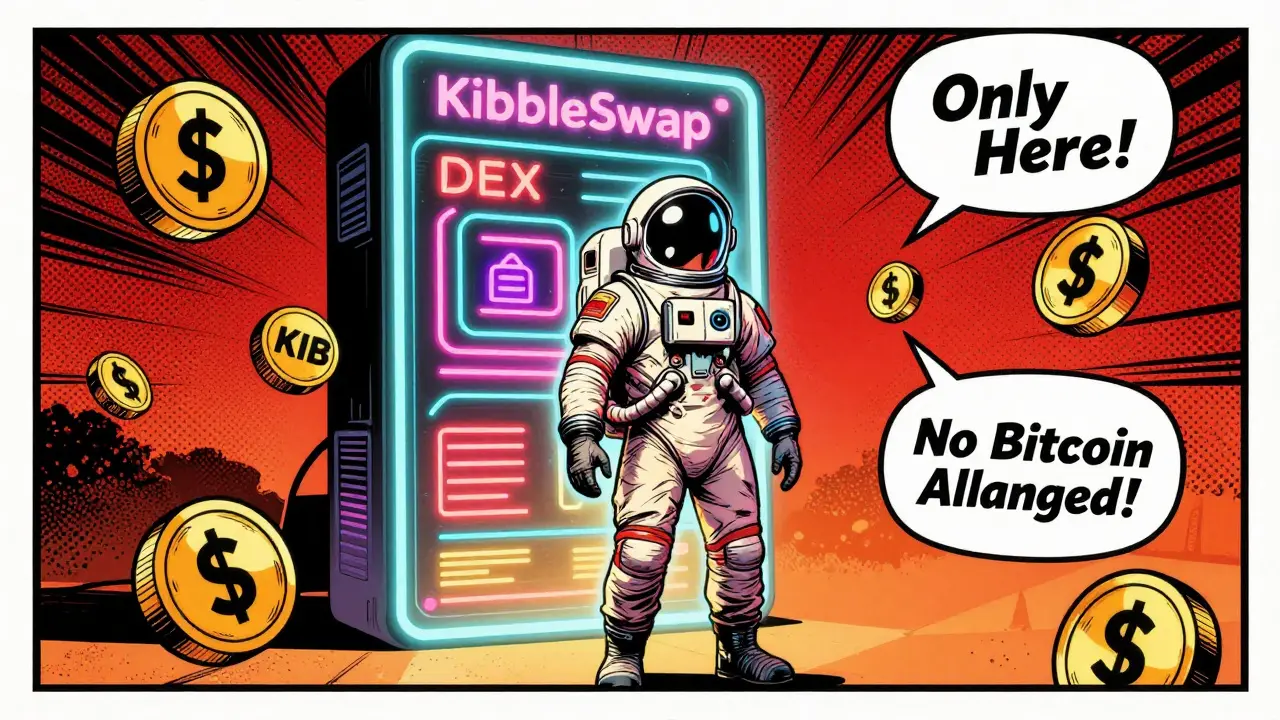Decentralized Exchange (DEX) Guide and Resources
When working with decentralized exchange, a peer‑to‑peer platform that lets users trade crypto assets without a central intermediary. Also known as DEX, it lets you keep full control of your private keys while swapping tokens directly from your wallet.
Key building blocks behind any liquidity pool, a reserve of paired crypto assets that fuels trades on a DEX and enables automated market maker, an algorithmic pricing model that replaces traditional order books. These pools also power yield farming, the practice of earning extra tokens by providing liquidity. Together they form the engine that makes decentralized trading possible.
Because there’s no central custodian, DEXs rely on users to manage security. Wallet integrations, smart‑contract audits, and on‑chain governance tokens all play a role. While platforms like AladiEx and Lucent focus on centralized services—holding assets and managing order books—DEXs let you stay in charge of your funds, reducing single‑point‑of‑failure risk. Governance tokens also let traders vote on fee structures, new pair listings, or protocol upgrades, turning users into stakeholders.
Token swapping on a DEX is often instant, but the experience can vary. DEX aggregators route your trade through multiple venues to find the best price and lowest slippage. Cross‑chain swaps, made possible by modular blockchains and rollup solutions, are expanding the asset universe beyond Ethereum. This means you can trade a Bitcoin‑wrapped token on Polygon or a Cosmos‑based asset without leaving the DEX interface.
Choosing the right DEX starts with a checklist: compare gas fees, check contract audit reports, look at available liquidity for your pair, and test slippage settings with a small amount first. Make sure the platform supports your wallet of choice—MetaMask, Trust Wallet, or hardware wallets like Ledger—and that it offers clear UI cues for transaction confirmation. Keeping an eye on community forums and recent security incidents helps you avoid platforms that might be vulnerable.
Below you’ll find a curated collection of deep dives, platform reviews, and step‑by‑step guides that cover everything from liquidity pool mechanics to advanced yield‑farming strategies. Whether you’re new to DEX trading or looking to fine‑tune your approach, the articles ahead provide the practical knowledge you need to navigate the decentralized exchange landscape with confidence.








